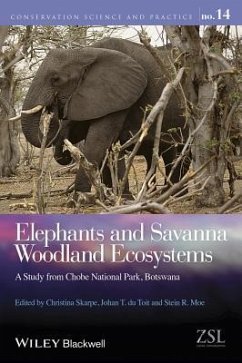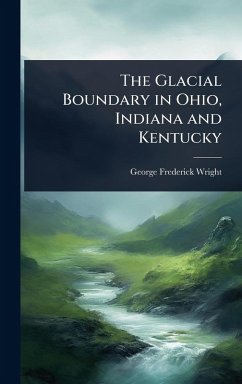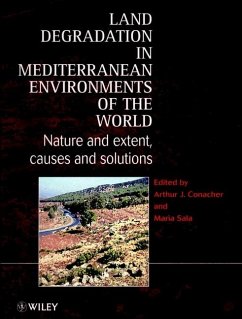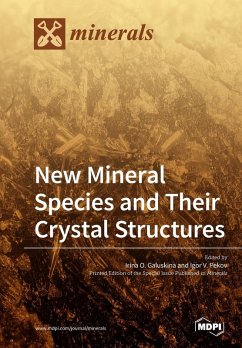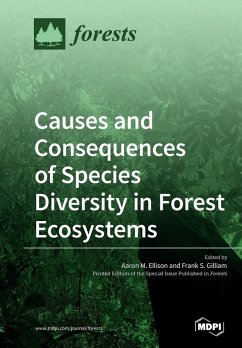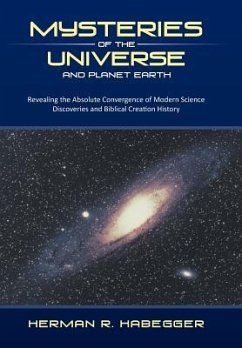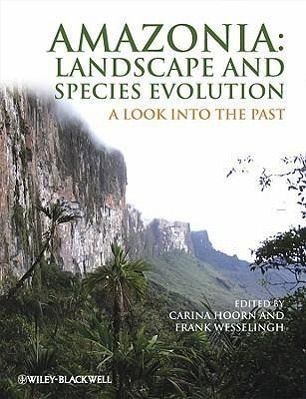
Amazonia: Landscape and Species Evolution
A Look Into the Past
Herausgeber: Hoorn, Carina; Wesselingh, Frank
Versandkostenfrei!
Versandfertig in über 4 Wochen
220,99 €
inkl. MwSt.
Weitere Ausgaben:

PAYBACK Punkte
110 °P sammeln!
Amazonia, Landscape and Species Evolution is written with the following aims: * to explain the geological processes that formed Amazonia; * to explore the extent to which Amazonian biodiversity can be explained through pre-Quaternary processes; * to show how our understanding of the evolution of the Amazonian landscape, flora and fauna can be improved by combining geological and biological research; * to provide a starting point for future research in Amazonia. The book focuses on geological history as the critical factor in determining the present biodiversity and landscapes of Amazonia. We e...
Amazonia, Landscape and Species Evolution is written with the following aims: * to explain the geological processes that formed Amazonia; * to explore the extent to which Amazonian biodiversity can be explained through pre-Quaternary processes; * to show how our understanding of the evolution of the Amazonian landscape, flora and fauna can be improved by combining geological and biological research; * to provide a starting point for future research in Amazonia. The book focuses on geological history as the critical factor in determining the present biodiversity and landscapes of Amazonia. We explore the different driving mechanisms for landscape evolution by reviewing the history of the Amazonian Craton, the associated sedimentary basins, and the role of mountain uplift and climate change. Throughout the book we provide an insight into the Meso- and Cenozoic record of Amazonia that was characterized by fluvial and long-lived lake systems and a highly diverse flora and fauna. This fauna includes giants such as the ca. 12 m long caiman Purussaurus, but also a varied fish fauna and fragile molluscs, whilst fossil pollen and spores form relics of ancestral swamps and rainforests. We also review the molecular datasets of the modern Amazonian rainforest and aquatic ecosystem, and discuss the possible relations between the origin of Amazonian species diversity and the palaeogeographic, palaeoclimatic and palaeoenvironmental evolution of northern South America. The multidisciplinary approach in evaluating the history of Amazonia has resulted in a comprehensive volume that provides novel insights into the evolution of this region. The book is written by leading scientists of the Amazonian research community and, whilst serving as reference to all scientists working in the region, will be of particular interest to students and researchers concerned with the natural history of the region. Potential readers will include geologists, geographers and biologists who wish to understand the evolution of landscapes and biota of this unique region.




